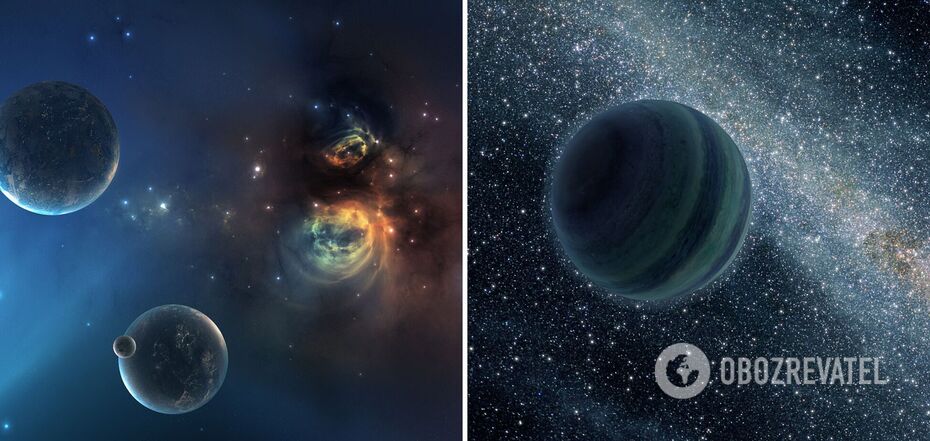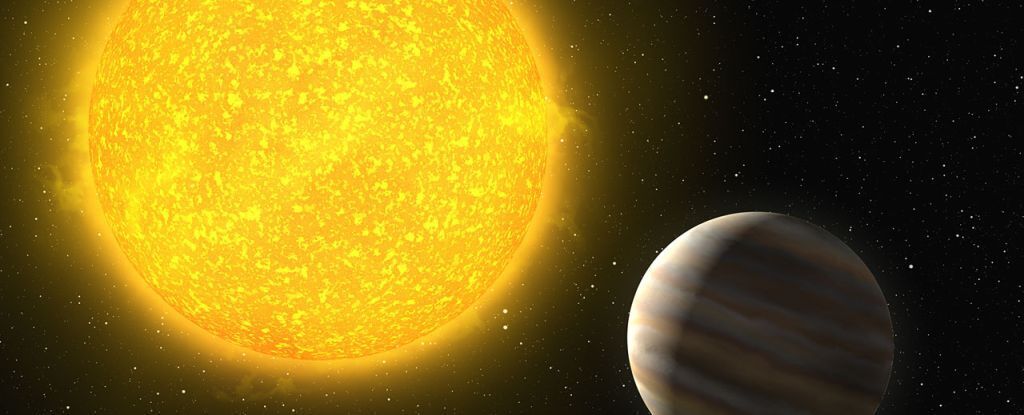Life
Scientists have discovered "twins" of the Sun, Jupiter and Neptune in space
The universe hides many mysteries, and humanity is still no closer to answering the question: Does life exist on other planets? However, scientists have recently made a shocking discovery: they found "twins" of the Sun, Jupiter and Neptune in space.
According to astronomers, there is hope to finally find a "new Earth" - a planet suitable for life. An intriguing study was published by Science alert.
A star called HIP 104045, 175 light years from Earth, has at least two celestial bodies orbiting it. These are peculiar analogs of Jupiter and Neptune.
According to research, the architecture of the planetary system plays one of the leading roles in the question of the habitability of the celestial body.
An international team of astronomers led by Thiago Ferreira of the University of São Paulo noted that the discovery of planets like Jupiter and Neptune is important, because small-sized gliders are found in space more often than giant planets.
For comparison: the age of HIP 104045 is about 4.5 billion years, the age of the Sun - 4.57 billion. The weight of HIP 104045 is only 1.03 times the weight of the Sun. Its radius is 1.05 times that of the Sun, and its metal content is very similar.
Scientists do not have the ability to analyze the atmosphere of the "twins" of Neptune and Jupiter for the presence of biosignatures. However, the very fact that there is a world in space, at a relatively short distance from us, similar to the solar system, is already of great importance for astronomers.
Earlier OBOZREVATEL reported that a unique comet approaching the Sun for the first time in 80 thousand years, which can eclipse all the stars in the sky.
Subscribe to OBOZREVATEL channels in Telegram and Viber to keep up with the latest events.




























